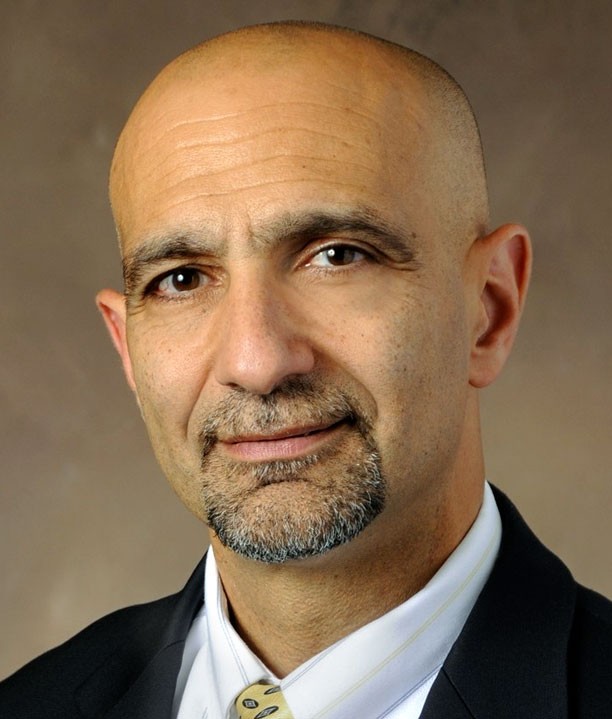Execs: Consumers pushing companies toward sustainability
By Blaine Friedlander
To address social and environmental concerns, consumer pressure is driving companies and creating a greener corporate landscape more than ever before.
“Consumers are ensuring it is imperative for companies to embrace sustainability,” said keynote speaker Al Iannuzzi, vice president for sustainability at Estée Lauder Companies, at the fifth annual Cornell Business Impact Symposium (CBIS) on March 14.
Iannuzzi gave his presentation before a virtual audience via a remote videoconference platform. The format was changed at the last minute, due to the March 13 campus closure because of the COVID-19 outbreak.
Today there is a demand to be sustainable from customers, company stakeholders and shareholders, Iannuzzi said, explaining that sustainability has become a market driver for innovation and growth. As a result, companies are paying attention to every element of their value chain, from how they procure raw materials and practice responsible sourcing, improve energy use in operations, reduce wasteful packaging and provide ingredient transparency for consumers.
“[Sustainability is] tied to companies' performance as well as to their reputation,” he said. “That’s why I feel that this presentation is one of hope. Consumers are ensuring companies are a big part of the solution.
“Bold statements are being made,” he said. “Consumers are supporting companies that are trying to achieve sustainability and improve the environment. They are encouraging those companies.”
The symposium was organized by several student clubs under the guidance of Monica Touesnard, associate director of the Center for Sustainable Global Enterprise at the Cornell SC Johnson College of Business.
Center faculty and staff had to scramble to turn the meeting from a face-to-face event – complete with lunch and coffee breaks – into a successful virtual conference when Coronavirus restrictions were put into place three days prior to the event.
“Going virtual is an inconvenience, but it is something we’re going through together,” Mark Milstein, clinical professor of management and center director, told the online attendees. “From that standpoint, our collective response to COVID-19 is similar to what we need to do to battle climate change and ecosystem degradation - issues that are not unrelated. How we can rally and battle challenges together is something in which we can all take heart.”
In a breakout session on the future of green building, Bergen Hubert, the built-environment manager at the Cradle to Cradle Products Innovation Institute, said that building occupants’ well-being and circular design – which means getting waste to zero, while increasing recycling and reuse – are becoming priorities.
The U.S. Green Building Council’s Leadership in Energy and Environmental Design (LEED) version 4.1 focuses on protecting human and ecological health; reducing carbon; and advancing the circular economy – including through their recently announced circular products pilot credit, she said.
“This is a unique time – circularity touches on how we rethink design and implementation. Standards, like LEED, adopting circularity frameworks will become the norm,” Hubert said. “We’re fundamentally rethinking design principles, and it’s not simply about criteria-picking.”
For the session on how the food and beverage industry is changing to reflect sustainability concerns, Julie Altobello, MBA ’15, senior marketing manager at Rich Foods in Buffalo, said consumers are increasing pressure for responsible ingredient sourcing.
“Information is being democratized,” she said. “Customers are demanding more transparency.”
Preservatives, coloring, monosodium glutamate, high-fructose corn syrup and artificial flavors have fallen out of favor with consumers, she said.
Instead, consumers want fiber, protein, whole grains – and “making sure that we have responsible sodium and sugar levels,” Altobello said. “We make sure we are transparent about the food and the ingredients we are sourcing.”
From the symposium’s keynote to the breakout panels, Milstein said the message was clear: “Consumers are not passive observers – they are playing a critical role in how companies address sustainability in the marketplace."
Media Contact
Get Cornell news delivered right to your inbox.
Subscribe


